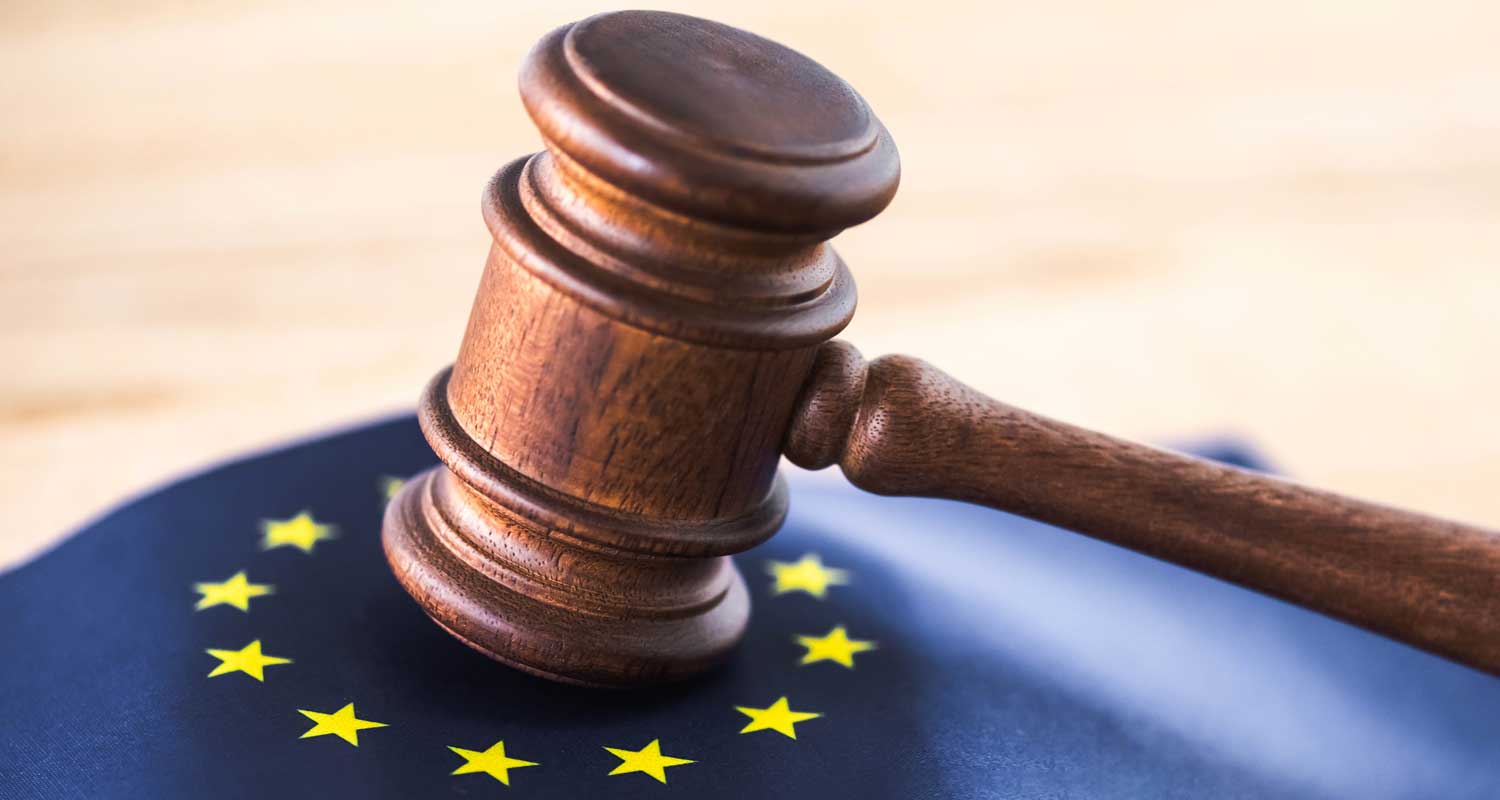The Free Market Foundation (FMF) has cautioned South Africa against blindly following EU regulations, saying the country needs its own strategic domestic policies on technology and digital innovation.
It cautioned against what it termed the “Brussels effect”, where regulated entities end up complying with EU laws because of the size and attractiveness of that market.
The FMF, in collaboration with the European Policy Information Centre and the Initiative for African Trade and Prosperity, launched a report this week – “The Brussels effect in South African policymaking: an imperialism of expedience?” — in which it argued that South African policymakers are embracing or mirroring EU-style regulations in areas such as data protection, online platform governance and artificial intelligence.
The foundation looked at EU instruments such as the General Data Protection Regulation, Digital Markets Act, Digital Services Act and the Artificial Intelligence Act. It found that, to varying degrees, they have been emulated in South Africa’s Protection of Personal Information Act (Popia), Competition Commission recommendations and government discussion documents around the regulation of AI.
The report warned that although South Africa is mimicking the EU, its own member states have challenged some regulations due to their unintended consequences. Stefan Hartung, CEO of German industrial giant Bosch, recently warned against Europe “regulating itself to death” and hindering its progress in AI.
The FMF report found that the Competition Commission’s Online Intermediation Platform Market Inquiry report in 2023, which was the result of the regulator’s view that certain market features of online intermediation platforms – these include companies like Takealot – could impede, distort or restrict competition, and that this could hinder the participation of small enterprises and black investors.
Brussels’ influence
It said the Digital Markets Act (DMA) is cited in the final commission report, which indicates Brussels’ influence in the regulator’s thinking. The DMA is designed to ensure fair competition and contestability in digital markets and the digital economy, targeting large online platforms acting as so-called “gatekeepers”.
“The similarity in the purpose of the DMA and the [platforms market inquiry] is evident before turning to the specific commission recommendations against Google’s self-preferencing, which requires Google to adopt the same measures as those in compliance with the DMA in Europe,” the foundation’s report said.
“The commission’s recommendations concerning e-commerce and search engines, particularly focusing on digital platforms in general, reflect concerns about self-preferencing.”
Read: Google rolls out advanced AI Mode in South Africa, Nigeria and Kenya
These recommendations draw additional inspiration from the EU platform-to-business regulation, which mandates transparency around self-preferencing. However, a key difference between the commission’s platforms report and the EU rules is that the European ones are limited to transparency around self-preferencing, while the commission’s recommendations, such as those against Takealot and Google, prohibit self-preferencing outright.
Meanwhile, earlier this year, the commission published a provisional report on the impact of digital platforms on South Africa’s media industry.
 A key aspect related to EU policymaking is the commission’s concern over the “sustainability” of traditional news media publishers. The commission is worried that digital platforms – such as Google and Facebook – threaten publishers suffering from declining revenues from print and traditional advertising.
A key aspect related to EU policymaking is the commission’s concern over the “sustainability” of traditional news media publishers. The commission is worried that digital platforms – such as Google and Facebook – threaten publishers suffering from declining revenues from print and traditional advertising.
The digital platforms report made a number of recommendations, including that Google should change its algorithmic design to ensure South African news media are prioritised and provides publishers with “enhanced user data and insights” to help them survive.
The FMF report warned that should the commission’s recommendations be adopted and become law, or are drafted into the Copyright Amendment Bill, South Africa will have “domesticated” certain features of the EU’s Copyright Directive of 2019 and its related rights dispensation.
“There are clear problems with this approach by the EU and South Africa. Foremost among them is that the relationship between digital platforms and news media is entirely voluntary, with the former providing a free service to the latter in exchange for ad revenue.”
It said that if traditional news publishers are “unhappy with the terms and conditions offered by platforms such as Google or Facebook, they should opt out”.
The FMF said that while South Africa’s national AI policy framework, published last year, is light on details, its premises are questionable, particularly its proposal to open the door to foreign best-practice instruments such as the EU’s AI Act.
The foundation recommended that best practices be adopted, and that South Africa draw inspiration from innovation-driven economies such as Singapore and the US. Also, regulations and standards must be assessed over a sustained period before they are adopted locally.
Over-regulating AI
“The country cannot afford to disengage from a global landscape increasingly shaped by external regulatory standards. However, alignment should not be regarded as an inevitability. As EU rules extend their reach, the task is not compliance for its own sake, but strategic adaptation that maintains competitiveness without surrendering autonomy.”
Lastly, it warned government against over-regulating AI, saying it has the potential to be the “next bright horizon in humanity’s technological development”.
Read: Nvidia CEO says AI boom far from over
“Combating bad AI in the future will most likely be effectively achieved with good AI, rather than a perfectly reactive regulatory framework that ensures good outcomes,” the FMF said. –© 2025 NewsCentral Media
Get breaking news from TechCentral on WhatsApp. Sign up here.
Don’t miss:
Wits professor named in Time’s list of 100 most influential people in AI



